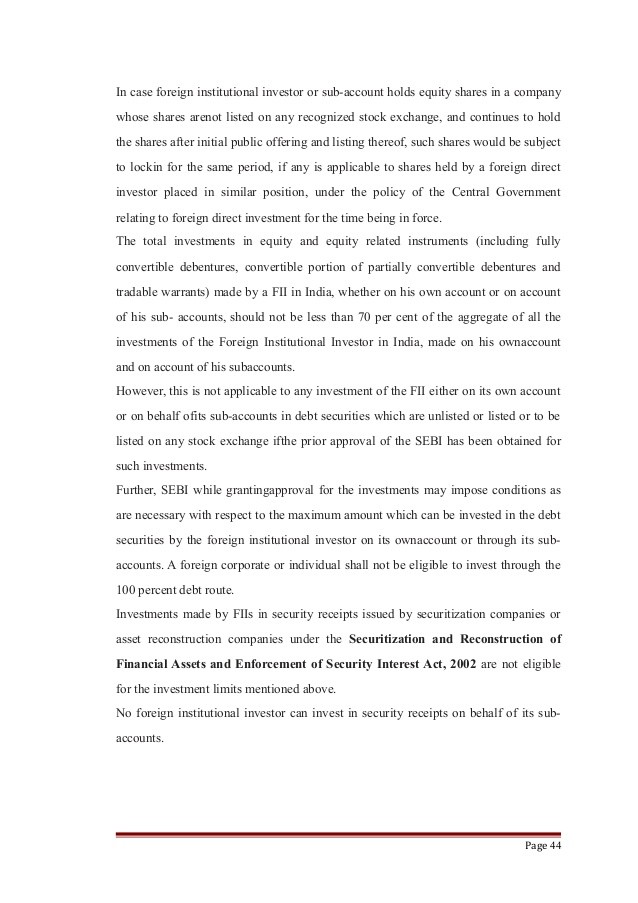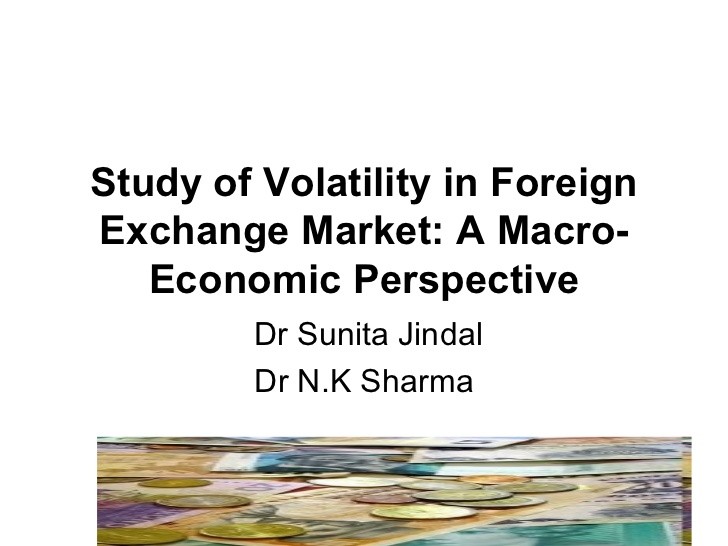How Equities Affect The FX Market_1
Post on: 19 Май, 2015 No Comment

News
Are you new to Currency Trading?
Curious as to what it is all about?
The good news- like with learning anything new, it’s all about gathering information- and processing it to gather confidence in your new skill.
F/X Market Structure
Unlike other physical exchanges, the Currency exchange has no walls and no physical exchange centre- which accomplishes a couple of things. It is referred to as an ‘over-the-counter’ market.
This decentralization means that, as a trader, you have unparalled flexibility. Currency Exchanges are active 24 hours a day, six days a week- with an open invitation for you to join in, as much or as little as it suits you- when it suits you.
Currency exchanges, unlike equity and futures markets, rather than working with a single clearing firm there are multiple dealers who work towards connecting buyers and sellers. Furthermore, these dealers have the ability and the authority to execute trades independently of each other- which invites competition, because of the number of players in the space.
Simply, the firm that is most attractive to traders will capitalize on this market efficiency- unlike the equities markets, which are usually monopolized by single dealers.
So, end result? Traders at Women FX benefit- not just because of the flexibility, but because of the choices available to them.
What extras can traders at Women FX expect? Visit the link for the Women FX community to see our latest promotions, and to access more information about things that really matter-in all parts of your life.
Forex Market Participants
The evolution of currency exchange is a lot like that seen in the women’s revolution in the workplace that took place over the last few decades.
Like the workplace, Currency Exchange trading used to be like an “exclusive” club. It was mostly only available to large institutional investors. But now, with the advent and introduction of technology, and the reductions to capital flow barriers, the playing field has been levelled to allow more players on.
Why does this matter? All participants affect the supply of and demand for currencies, so for you to have success as a Currency trader, it is important to understand the role each plays in the market.
Commercial and Investment Banks
Commercial and Investment banks make up the Interbank market and trade on electronic brokerage systems (EBS). These banks trade among themselves via strong credit relationships, and are responsible for the largest portion of FX trading. These banks trade on a proprietary basis (meaning that they trade for themselves) and through customer flow (they fill orders for clients outside of the Interbank market).
The Interbank market consists of the worlds largest Commercial and Investment banks and caters to the majority of commercial turnover as well as enormous amounts of speculative day-trading volume. These banks will trade among themselves via credit relationships they have established with one another as part of a system of balancing accounts. Large Corporations, Hedge Funds, Central Banks are all customers on the Interbank market. Aside from trading exclusively amongst themselves, these banks also trade with large corporations, hedge funds, central banks, or specialized dealers that cater to smaller retail traders.
To give you a relatable example- when a large international corporation based in Japan needs to pay its employees in the United States, they must buy USD with JPY. To buy USD, this corporation will go to a bank to make the transaction. This trading amounts to billions of dollars daily, or about ¾ of daily FX volume. Due to their size and the large volume that they trade, these banks have unique access to both important information on direction and size of capital flows. The end result of this is that they may be able to make reasonable short-term predictions on FX movements based on the large positions they hold and trade, which translates into significant capital power they might use to defend their proprietary positions at significant technical levels. Furthermore, because of their large size and power, they often have large research departments that offer fundamental and technical analysis, which are a necessary and valuable tool for traders.
These are all good, important reasons to pay attention to these participants, and to take advantage of the resources that they provide; opportunities are often disclosed in the research that they provide.
Central Banks

Also important to watch, Central Banks have much to do with policy making in terms of money supply and interest rates- both of which weigh in for currency trading. Similarly, they are of significant size, and have access to large capital reserves. They enter the FX market primarily in a supervisory capacity in order to stabilize money supply and interest rates. Central banks closely monitor economic activity, and have many options available to them to regulate their economies.
Central banks set the overnight lending rates to change the rate of interest paid on their domestic currency. They buy and sell government securities to increase or reduce the supply of money. They buy and sell their domestic currency in the open market to influence exchange rates. Knowing the policy of a central bank and its opinion of the domestic economy will allow a trader to anticipate what actions the central bank is most likely to take in future policy meetings.
Again, this all comes back to gathering information that will help you reach your goals as a trader. Knowing the policy of a central bank and its opinion of the domestic economy will allow a trader to anticipate what actions the central bank is most likely to take in future policy meetings.
Corporations
It’s a small world after all, so foreign currency exchange is becoming increasingly more important in the daily business of corporations globalization forces them to make and receive payments in foreign currencies.
Corporations primarily use FX to hedge against currency depreciation. Corporations also buy and sell currencies in order to meet payroll for international offices.
When international transactions of goods are made, a transaction of currency is also necessary. Whether it is to pay employees abroad or to pay for products coming from a foreign nation, corporations must exchange their local currency for the domestic currency of the nation they are trading with. When a corporation agrees to buy or sell goods to a client in foreign nation at a future date, it runs the risk of its local currency depreciating in the meantime. If a corporation believes that its local currency is expected to depreciate, and as a result the outstanding position is at risk, it would most likely enter the FX market and buy the domestic currency of the country with which it is trading.
Global Managed Funds
It is common for profit-seeking managed funds to invest in foreign financial instruments.
When they purchase and sell these instruments, an FX conversion is always necessary. Global fund managers (large mutual, pension, and arbitrage funds) invest in foreign securities and other foreign financial instruments. These investments can have substantial impacts on spot price movements because of the frequency with which firms re-balance and adjust their international equity and fixed income portfolios.
These portfolio decisions can be influential because they often involve sizable capital transactions. Major changes in equity or bond markets of respective countries dictate the roles of Global Managed Funds in the FX market. When equity markets are performing well, they will attract substantial global capital, which will drive a domestic currency higher. To purchase stocks or bonds in a foreign nation, managed funds must exchange their local currency for the domestic currency of the country in which they are purchasing financial instruments. Many of these funds implement currency-hedging strategies. When they wish to hedge existing investments so they dont incur the risks of depreciating currencies, they can also generate significant selling flows. Under the umbrella of Global Managed Funds are pure FX funds (Global Macro Funds).














